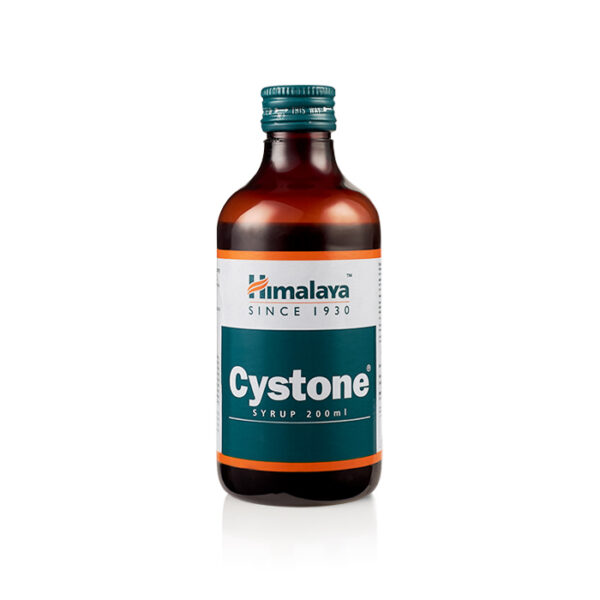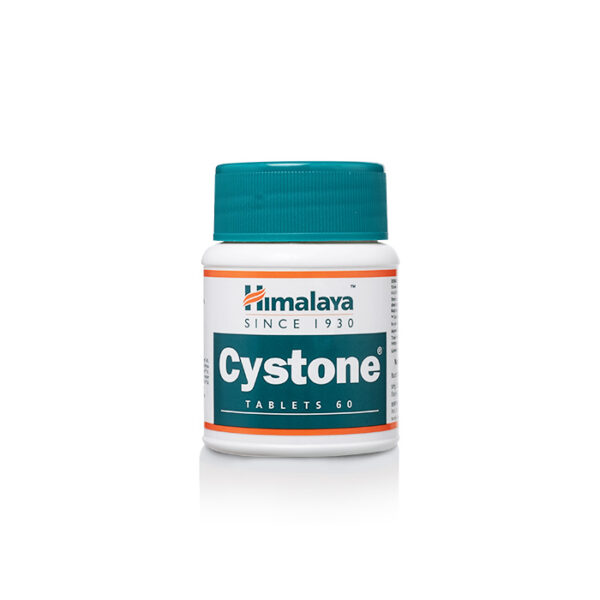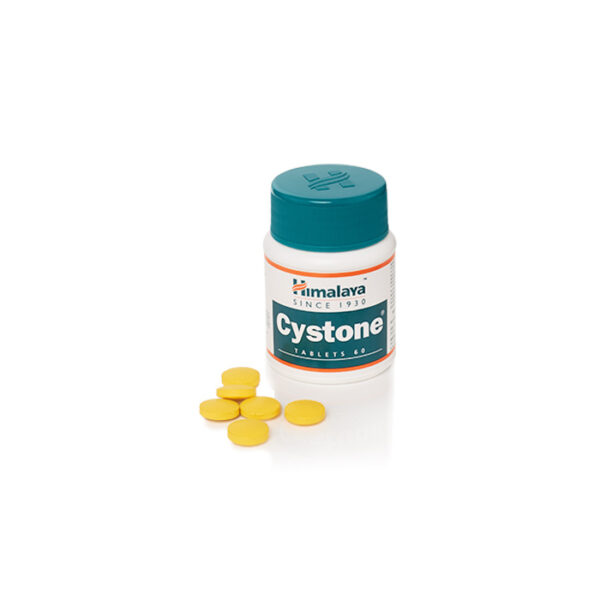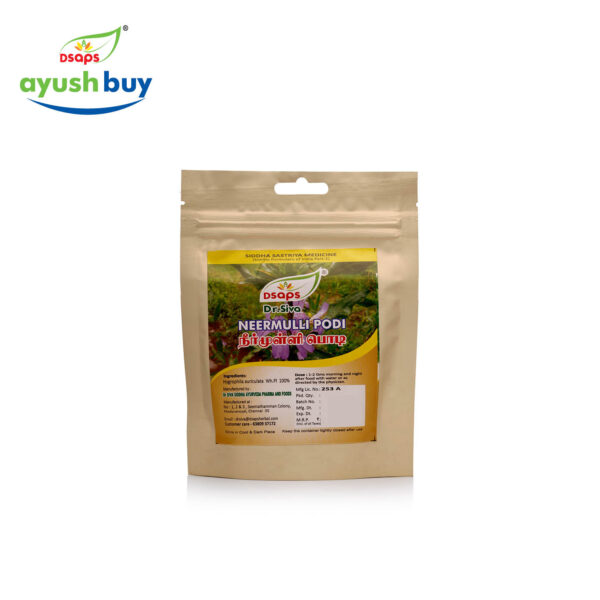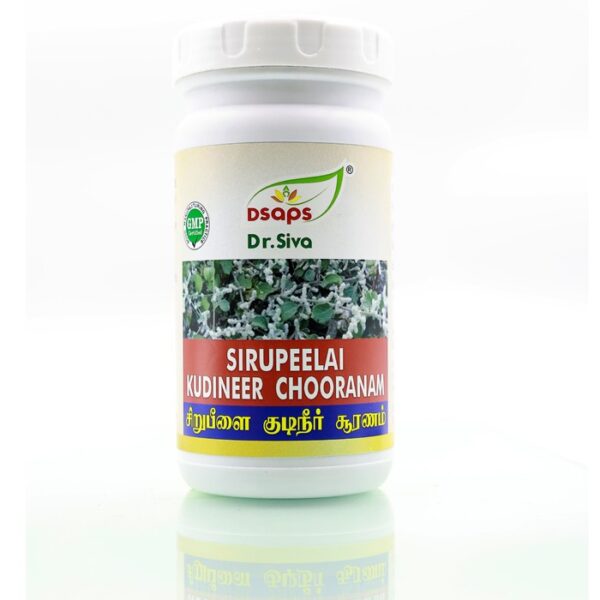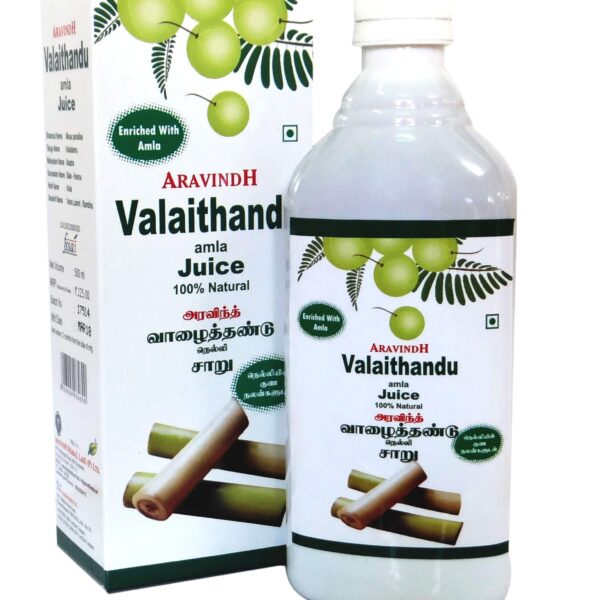Kidney Stone Ayurvedic Medicine
Kidney Stone Ayurvedic Medicine offers a holistic approach to treating kidney stones, using herbs and natural ingredients. These medicines aim to dissolve stones and alleviate pain, while also promoting kidney health and preventing recurrence. With centuries-old Ayurvedic wisdom, these remedies provide a gentle yet effective solution for managing kidney stone issues naturally.
What do you mean by kidney stones?
Kidney stones are solid deposits that form in the kidneys when certain substances in urine become too concentrated. These crystals can range in size, causing excruciating pain as they pass through the urinary tract. Common symptoms include severe back or abdominal pain, nausea, vomiting, and blood in the urine.
Kidney stone, also known as Renal Calculi\Nephrolithiasis, is a complex, solid mass of material that forms in the kidney from the substances in the urine. Renal stones are one of the most common disorders of the urinary tract, which develop as a result of various metabolic disorders that affect the fate of calcium and other mineral elements in the body. Kidney stones are usually small but can grow larger, even filling the inner hollow structures of the kidney called Calyx.
Some stones move to the renal pelvis or into the ureter, called ureteral stones. Stones that fill the entire renal pelvis and at least one renal calyce are called Staghorn renal stones. They may lodge, obstruct the urine’s flow, and cause pain there. The ureter that drains urine from the kidney meets the bladder; this junction is called the uretero-vesicular junction. The stone in the uretero-vesicular junction causes the urine to back up into and dilate the ureters and kidney [Megaureter and Hydronephrosis].
Stones in the bladder are called Bladder stones, which may drain out from the ureter or may occur when urine in the bladder becomes highly concentrated. When the stones are small, size up to 4mm, they can pass naturally through urine. Otherwise, it may get lodged in the urethra, leading to urethral stones.
Kidney Stones in Ayurvedic View
According to Ayurveda, kidney stones are a result of an imbalance in the vatha, pitha and kapha doshas, the fundamental energies governing the body. The vitiation of the vatha and pitha doshas leads to the formation of kidney stones. Ayurvedic treatment for kidney stones aim to restore the balance of these three doshas and promote overall health.
Causes and Symptoms of Kidney Stones
Possible causes are
- Drinking less amount of water
- Too much exercise / too little exercise
- Obesity
- Weight loss surgery
- Food intake with too much salt or sugar
- Infections
- Any Family history
- Certain supplements and medications [e.g., Vitamin-C, dietary supplements, excessive use of laxatives, calcium-based antacids, and certain medications used to treat migraines or depression].
Clinical Manifestations
- Severe pain in the side and back, below the ribs.
- Pain spreads to the lower abdomen and groin.
- Pain comes in waves and varies in intensity.
- Pain while urination
- Cloudy or foul-smelling urine
- Nausea and Vomiting
- Fever and Chills if an infection is present
- Urinating a small amount of urine
- Hematuria.
Remedies for Kidney Stone
Some of the effective remedies are
- Drinking more water – drinking more water ensures that the body is well hydrated and also helps flush out wastes and toxins from the body. Water acts as a medium for stones to pass out from the body.
- Stick to a suitable and appropriate diet – increase consumption of vegetables like carrots, bitter gourd, bananas, apples, lemons, almonds, moong dal, and horse grams.
- Also, should reduce the intake of Maida, kiwi, chikoo, bran, and oatmeal.
- Consuming more liquid foods apart from water maintains the body’s hydration level (e.g., barley water, buttermilk, coconut water, etc.)
Ayurvedic Medicine for Kidney Stone
Struggling with kidney stones? Nature’s remedies might hold the key! Discover the power of these herbs:
Mookirattai (Punarnava / Boerhaavia diffusa): Known for its diuretic properties, it aids in flushing out kidney stones naturally.
Murungai (Shigru / Moringa oleifera): This herb’s anti-inflammatory and antioxidant qualities can help reduce kidney stone formation and ease discomfort.
Nerunjil (Gokhru / Tribulus terrestris): Gokhru works wonders in breaking down kidney stones and preventing their recurrence.
Sirupeelai (Mountain knot grass / Aerva lanata): Renowned for its detoxifying effects, Sirupeelai helps dissolve stones and promotes urinary tract health.
Maavilnga pattai (Varuna / Crataeva nurvala): Varuna acts as a potent lithotriptic, breaking down stones into smaller pieces for easier elimination.
Apart from these, several other herbs also help in the management and prevention of kidney stones.
Pelvic floor exercises and regular exercises help in flushing out excess calcium and other minerals through urine.
Yogasanas like garudasana, bhujangasana, pawanamukthasana, dhanurasana and paschimottasana are also helpful in the treatment of kidney stones.
Benefits of using Ayurvedic Medicine for Kidney Stones
Ayurvedic medicine offers a natural solution with numerous benefits. Unlike conventional treatments, Ayurveda focuses on holistic healing, addressing the root cause of kidney stones. Here’s why you should consider Ayurvedic medicine for kidney stones:
1. Natural Healing: Ayurvedic medicines are derived from natural herbs and ingredients, minimizing the risk of side effects commonly associated with synthetic drugs.
2. Prevents Recurrence: Ayurvedic treatments not only dissolve existing kidney stones but also prevent their recurrence by restoring balance to the body’s doshas (energies).
3. Gentle on the Body: Unlike harsh medications or surgical procedures, Ayurvedic remedies are gentle on the body, promoting overall well-being without causing additional stress or discomfort.
4. Customized Approach: Ayurvedic practitioners tailor treatment plans to suit individual needs, considering factors like age, constitution and the severity of kidney stones for optimal results.
5. Improves Kidney Function: Ayurvedic herbs and therapies help improve kidney function by promoting detoxification, reducing inflammation and enhancing urinary flow, ensuring better renal health in the long run.
6. Addresses Root Cause: Instead of just treating symptoms, Ayurvedic medicine targets the underlying imbalances in the body, offering a comprehensive approach to kidney stone management.
7. Enhances Digestion: Many Ayurvedic remedies aid digestion and metabolism, which indirectly supports kidney health by preventing the formation of stones due to improper digestion.
8. Lifestyle Guidance: Ayurveda emphasizes lifestyle modifications such as dietary changes, stress management, and exercise, which play a crucial role in preventing and managing kidney stones effectively.
Incorporating Ayurvedic medicine into your treatment plan can provide lasting relief from kidney stones while promoting overall health and vitality. Consult with a qualified Ayurvedic practitioner to discover personalized solutions tailored to your needs.
Dietary and Lifestyle Recommendations for Kidney Stones
- Drink plenty of water.
- Low salt and protein diet
- Avoid oxalate-rich foods, such as spinach, potato, tomato, cauliflower, citrus fruits, chocolates, red meat, etc.
- In taking vazhai thandu juice, venpoosani chaaru helps in flushing out stones in the urine.
- Cooked kuruvai or manakathai rice, vegetables like radish, vazahi thandu, sirukeerai, avarai, vendai, pasalai kerai, and kaasini keerai must be included in the daily diet.
- Barley rice gruel
- Should limit the intake of animal protein
- Engaging in regular exercises helps to promote overall kidney health and prevent the formation of kidney stones.
Ayurveda offers a holistic approach to managing kidney stones, focusing on dietary adjustments, herbal remedies, and lifestyle modifications. By incorporating these natural interventions into your routine, you can not only alleviate the symptoms of kidney stones but also promote overall wellness and prevent their recurrence. However, it’s essential to consult with a qualified Ayurvedic practitioner before starting any new treatment regimen, especially if you have underlying health conditions or are taking medications.








